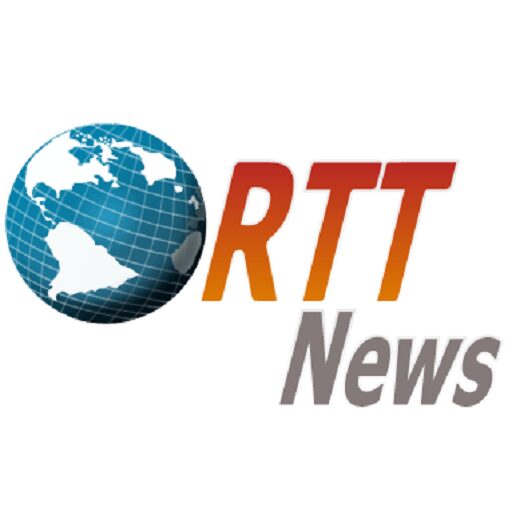The Philippines’ economy advanced at a solid pace in the fourth quarter, underpinned by robust household consumption despite rising inflationary pressures and increased borrowing costs, data from the Philippine Statistics Authority showed on Thursday.
Gross domestic product showed a yearly growth of 7.2 percent after rising 7.6 percent a quarter ago. The pace of growth was forecast to ease to 6.5 percent. Moreover, this was the seventh straight quarter of expansion.
Among the major economic sectors, industry and services posted positive growth of 4.8 percent and 9.8 percent, respectively, in the fourth quarter of 2022.
Meanwhile, the primary sector, which consists of agriculture, forestry, and fishing, contracted 0.3 percent.
On the expenditure side, household consumption grew 7.0 percent despite rising inflation to a multi-year high.
The strong spending largely relied on lifting pandemic measures, which extended on to the Christmas holiday season, when face masks were no longer required and limited capacity restrictions were eased .
Government final consumption also registered a positive growth of 3.3 percent.
Gross capital formation logged an annual growth of 5.9 percent, and both exports and imports climbed by 14.6 percent and 5.9 percent, respectively.
During the year 2022, overall GDP advanced 7.6 percent compared to the previous year versus a 5.7 percent growth in 2021. The acceleration in growth was largely driven by a 16.8 percent surge in gross capital formation.
“In light of the stronger than expected Q4 data, we are revising up our 2023 GDP growth forecast from 4.5 percent to 5.5 percent, Gareth Leather, a senior economist at Capital Economics, said.
Leather also pointed out that there are signs that the central bank is becoming more concerned by the outlook for the economy, and the slowdown is consistent with our view that the BSP will bring its tightening cycle to an end this quarter.
“Although 4Q GDP growth was impressive, we believe that momentum could finally moderate this year amidst a challenging environment of still elevated inflation, rising borrowing costs and tight fiscal space,” Nicholas Mapa, a senior economist at ING, said .
Source: Read Full Article
